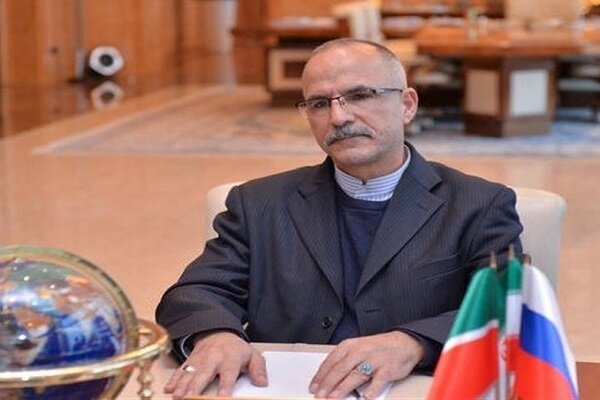
Mr. Pezeshkian is in Moscow to discuss and sign a strategic partnership agreement with Russian President Vladimir Putin.
In an interview with Mehr News Agency, Iran expert Ali Beman Eghbari believes that Iran and Moscow have maintained diplomatic relations for 50 years, through ups and downs.
He said the two countries are in a favorable position to strengthen cooperation in various aspects thanks to their geographical proximity and political, economic, cultural, scientific and technological strengths.
He added that in recent years, especially in the past decade, there has been a noticeable change in bilateral relations due to the efforts of the leaders of both countries.
Eghbali said that Russia, as the world’s largest country and Iran’s neighbor, has regional economic and technological capabilities that are consistent with Iran’s policies.
The 20-year cooperation document aims to respond to modern needs. Medical travel in particular is essential and the signing of this document will renew and strengthen bilateral relations and address current demands, he said.
He said that while Iran is a regional player, Russia has important economic and cultural characteristics, such as being a permanent member of the United Nations Security Council, and could have a major impact on relations between Tehran and Moscow. He added that there is.
For the past 40 years, Iran has consistently opposed the excessive demands of the United States and resisted the unipolar system. Therefore, he stressed that cooperation between Iran and Russia in world affairs, especially in promoting a multipolar order, is extremely important.
The two countries cooperate closely within the Shanghai Cooperation Organization, BRICS, and the Eurasian Economic Union. He added that Iran’s participation in these frameworks could enhance economic development and exports, especially under US sanctions.
Western countries are not seeking fair cooperation with Moscow. In the late 1990s and early 2000s, Russia sought to revive its economy through Western integration, but by 2010 it became clear that mutual cooperation was not a priority for the West, and Russia began developing a new regional strategy. Experts emphasized that it has become increasingly popular.
Furthermore, as an important neighbor, Russia plays an important role in Iran’s external interactions, including cooperation in the South Caucasus, Central Asia and West Asia, which is essential for regional peace, he said.
Elsewhere in his remarks, Mr. Egbali said cooperation in advanced industries, defence, security, and counter-extremism and terrorism are key areas of mutual interest that can bring significant benefits to both countries.
He pointed out that there is an urgent need to better understand public opinion in both countries.
Increasing tourism and public participation through NGOs can foster stronger interactions, the analyst added.
Millions of Russian tourists visit Turkey and the UAE every year, and they are encouraged to visit Iran through initiatives such as the use of the national currency, access to bank cards, visa exemptions, and mutual understanding between the peoples of the two countries, among others. This is creating opportunities, Iranian experts said.
MNA



